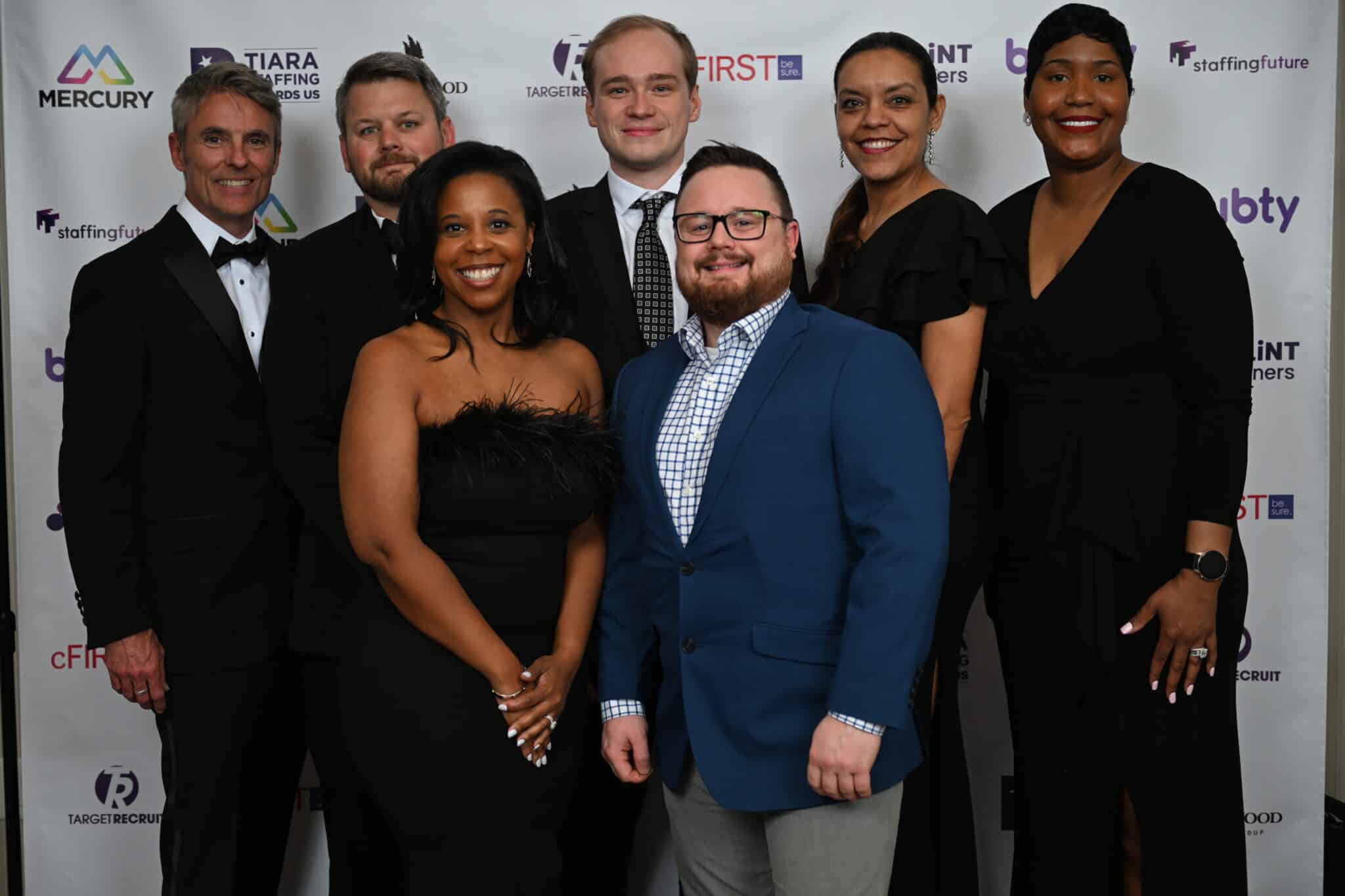Collaboration and communication are key skills
According to new research from LinkedIn, 87% of UK business leaders stated that young workers have been plagued by a “developmental dip” because of long periods of time working from home during the pandemic.
250 C-level executives in the UK (from companies with 1,000 employees and more and with an annual turnover of £250+ million) who were surveyed for the study, found that almost 30% of business leaders feel that onboarding from home has been a challenge for young employees. A further 42% of leaders believe that young people’s ability to build meaningful relationships with colleagues while working remotely has been difficult.
Out of practice
A complementary survey of young professionals showed that they agree. 69% of young people (aged 16 – 34) believe their professional learning experience has been impacted by the pandemic. More than half of those asked to return to offices feel their ability to make conversation at work has suffered, and 71% say they’ve forgotten how to conduct themselves in an office environment. 84% of young workers ultimately feel “out of practice” when it comes to office life, especially when it comes to giving presentations (29%) and speaking to customers and/ or clients (34%).
Missing out
Business leaders say the key development experiences that young people have missed out on during the pandemic include learning by “osmosis” from being around more experienced colleagues (36%), developing their essential soft skills (36%), and building professional networks (37%).
Skills to succeed
Business leaders believe that for hybrid working to be a success, collaboration (59%) and communication (57%) are the two most important skills employees need. Nearly half (49%) of leaders say working closely with experienced team members is the best way for young people to catch up and build these soft skills.
Janine Chamberlin, UK Country Manager at LinkedIn, said: It’s positive to see leaders recognise the disproportionate impact the pandemic has had on young people as they consider their future workplace policies. To help young people develop the skills they need to succeed, companies must understand where the skills gaps are, introduce mentoring schemes and bolster learning experiences that cater for a hybrid workforce to help younger workers get back on track.”
Photo courtesy of Canva.com











